In a world that’s constantly moving at breakneck speed, it’s easy to get lost in the day-to-day hustle and forget to pause and reflect. But think of self-reflection as a mirror that helps you see who you are, where you’re going, and where you might need a course correction. Building habits for self-reflection isn’t just about checking in with yourself—it’s about cultivating a deep understanding of your experiences, thoughts, and emotions, so you can grow intentionally.
Why Self-Reflection Matters and How to Make It a Daily Habit
Let’s dive into why self-reflection matters, explore ways to make it a daily habit, and look at practical steps for weaving it into your life.
It Clarifies Your Values and Goals
Self-reflection helps you understand what truly matters to you. In our busy lives, we’re often influenced by outside opinions and social expectations. Regular self-reflection lets you connect with your core values, making sure that your goals align with your authentic self. It’s the difference between living for yourself versus living according to others’ expectations.

It Improves Decision-Making
Reflection allows you to analyze past decisions, both good and bad, so you can learn from them. If you’ve ever found yourself making the same mistakes or feeling unsure about choices, reflection can be a powerful way to spot patterns and make better, more thoughtful decisions.

It Boosts Emotional Intelligence
When you reflect on your emotions, you become more aware of how you feel, why you feel that way, and how it impacts your actions. This awareness improves your emotional intelligence, helping you navigate relationships with more empathy and understanding. As Viktor Frankl said, “Between stimulus and response, there is a space. In that space is our power to choose our response. In our response lies our growth and freedom.”

Practical Tips for Building the Habit of Self-Reflection:

1. Set Aside Dedicated Time
Like any new habit, self-reflection requires consistency. Decide when you’ll reflect each day or week and make it a ritual. Some people prefer mornings, when their mind is fresh, while others prefer evenings to look back on their day. Start with just 5–10 minutes, gradually extending as it feels natural.

2. Choose a Reflection Method That Works for You
Not everyone reflects in the same way. Here are a few methods to explore:
- Journaling: Write down your thoughts, feelings, and observations. It doesn’t have to be neat or perfect; it’s about honest expression.
- Meditation: Take a few moments to sit quietly and observe your thoughts without judgment. Meditation can help you notice patterns in your thinking and reactions.
- Question Prompts: If you’re not sure what to reflect on, try guided questions, such as:
- “What’s one thing I learned today?”
- “What could I have done differently?”
- “What am I grateful for in this moment?”

3. Reflect on Both Positive and Negative Experiences
While it’s natural to focus on what went wrong, make sure to also reflect on what went well. Recognizing your strengths and celebrating small wins builds confidence and encourages positive growth. At the same time, reflecting on mistakes or challenges allows you to learn and make adjustments.

4. Use Self-Reflection to Set Intentions
Once you’ve reflected on your current state, use that insight to set intentions. Intentions are like goals, but they’re more about your mindset and approach rather than an end result. For example, if you notice you’re often impatient, set an intention to practice patience during the week.

5. Be Gentle and Non-Judgmental with Yourself
Self-reflection can be uncomfortable, especially when it involves facing our flaws. But remember, the goal isn’t to criticize yourself; it’s to learn and grow. Approach your reflections with kindness, as if you were talking to a friend. As Lao Tzu wisely said, “Knowing others is intelligence; knowing yourself is true wisdom.”
Example of a Self-Reflection Routine
Here’s an example of a daily self-reflection routine you could try:
Morning Check-In (5 minutes)
Before you start your day, jot down one thing you’re grateful for and one goal or intention for the day. This helps you start the day with purpose.

End-of-Day Reflection (10 minutes)
Take a few moments in the evening to look back on your day. Write down any standout experiences, emotions, or insights. Ask yourself questions like, “What challenged me today?” or “What did I learn about myself?”

Weekly Recap (15-20 minutes)
At the end of each week, go through your journal or notes to spot any patterns. Were there recurring emotions or challenges? Did you make progress on any goals? Use this insight to adjust your intentions for the upcoming week.

Benefits of Sticking to a Reflection Habit

1. Increased Clarity
Regular reflection helps clear the mental clutter, making it easier to stay focused on what matters.

2. Enhanced Self-Awareness
You’ll become more aware of your inner dialogue and self-talk, allowing you to shift toward a more positive and empowering mindset.

3. Greater Resilience
When you can look at challenges objectively, you become more resilient. Reflection turns setbacks into learning experiences rather than roadblocks.
Building a habit of self-reflection takes time and patience, but the rewards are immense. By reflecting regularly, you gain a deeper understanding of yourself, build emotional intelligence, and make more intentional choices. As Socrates famously said,

Take time to examine, reflect, and grow—you’ll be amazed at the insights waiting to be discovered.





